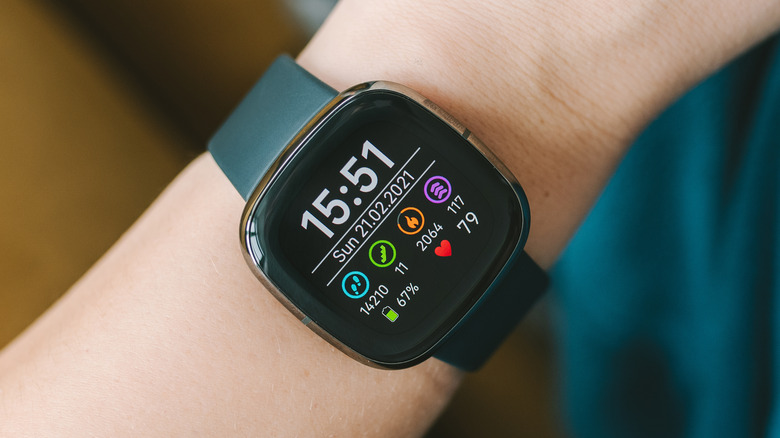Google Wants FDA Approval For Fitbit's Heart Rate Monitoring
At the second edition of Google's annual health event — The Checkup — the company shared key developments surrounding its health-centric initiatives. While the event saw teams from across Google share data from key developments on the health front, the most interesting update came from Google's Fitbit team. A blog post recapping the event revealed that Fitbit has submitted a newly-developed passive heart rate monitoring algorithm to the U.S. Food and Drug Administration for review. Fitbit confirms that the algorithm was developed based on the data collected from consenting adults for a large-scale virtual health study branded the Fitbit Heart Study.
Google says more than half a million people who participated in the study helped Google test its PPG (Photoplethysmography) AFib (Atrial Fibrillation) algorithm. This algorithm lets Fitbit devices passively record heart rate data and look for possible warning signs. The goal was to develop an in-house early warning system for Fitbit. This system is likely to be similar to the one we have seen on the Apple Watch, which has saved thousands of lives already. Apart from the FDA, the study results were also presented to the American Heart Association meeting, with Fitbit claiming that the algorithm showed a success rate of 98% in detecting undiagnosed AFib.
Is this Fitbit update too little, too late?
Unlike the Apple Watch, which can passively check for irregular heart rhythm without constant user input, Fitbit does not currently possess this capability. All heart rhythm data collected on Fitbit devices are taken after the user decides to take a reading. This is precisely what the freshly developed algorithm aims to change. Post-FDA approval, Fitbit devices will come closer to the Apple Watch in terms of passive heart monitoring capabilities and give it the much-needed ability to send out a warning in the event of atrial fibrillation.
With Apple devices seemingly possessing this capability for ages now, is this a case of Google doing things a bit too late? The market will ultimately make that decision but we believe that all advancements in technology that could potentially save lives should be encouraged. On the other hand, chances are some people will be a bit skeptical about handing over health-related data to a company like Google.

